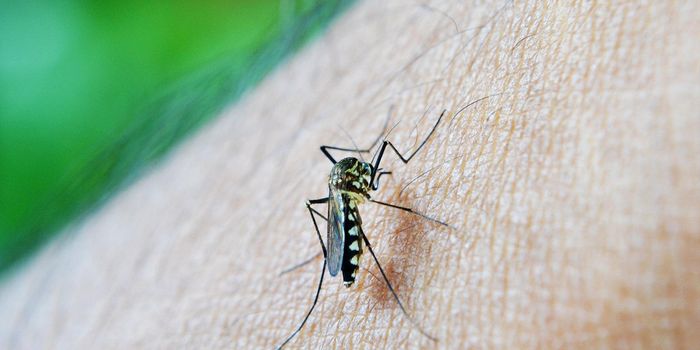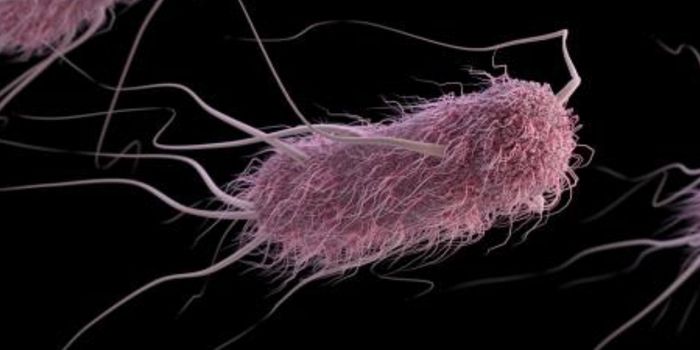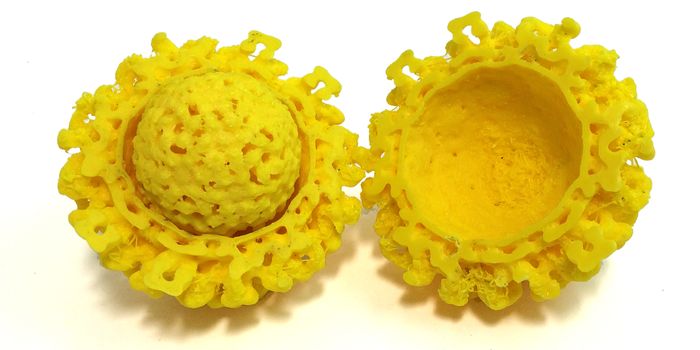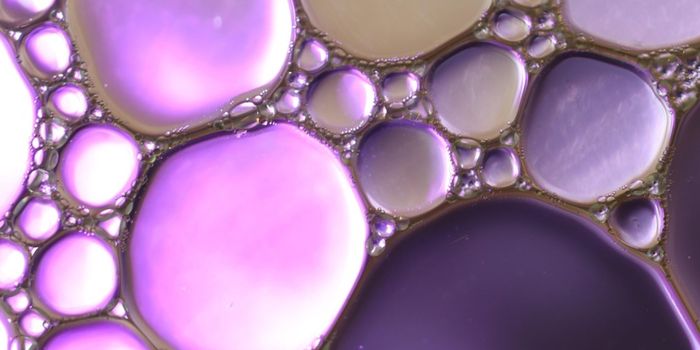Bacteria Can Clean Diesel-Soaked Soil
Oil drums full of old diesel fuel have accumulated at abandoned military outposts in Greenland. This fuel was once used to keep machinery running, but now it's potentially polluting soil at about 30 of these military installations. Researchers conducted a five-year experiment in Mestersvig, East Greenland that has shown that naturally occurring bacteria can decontaminate these soils.
Station 9117 Mestersvig was a military airfield, and forty tons of diesel fuel has contaminated the soil there. In a bioremediation technique is known as landfarming, contaminated soil can be cleaned up with bacteria. First, the contaminated soil is dispersed in a thin layer. That layer is then fertilized, plowed, and oxygenated annually so that growth conditions will be optimal for the bacteria in the soil to break down hydrocarbons. It's a tool that's typically been associated with warmer climates; it has not been tested on a large scale in Arctic conditions before this.
In Mestersvig, the temperature only rises to zero to ten degrees for about three months out of the year, and the rest of the time it's cold enough for the soil to stay frozen. Researchers did not know whether bacteria would be good for breaking down hydrocarbons like they can in warmer temperatures.
In this work, bacterial populations in the soil were monitored, and the scientists determined that over five years, as much as 82 percent of the fuel that once contaminated 5,000 tons of soil had been broken down and bioremediated. The findings have been reported in Environmental Pollution.
"The bacteria have proven extremely effective at breaking down the vast majority of the diesel compounds. As such, this natural method can be applied elsewhere in the Arctic, where it would otherwise be incredibly resource-intensive to remove contaminated soil by way of aircraft or ship," explained Professor Jan H. Christensen of the University of Copenhagen's Department of Plant and Environmental Sciences.
In the soil, there were different types of bacteria that could degrade the many chemicals in the diesel fuel even though it was cold. "Having a wide variety of hydrocarbon-degrading bacteria is essential as the 10,000 various diesel compounds contaminating the soil require different degradation pathways to be broken down," explained Anders Risbjerg Johnsen, a senior research scientist at the Geological Survey of Denmark and Greenland.
The researchers are hopeful that this technique can now be applied at other sites in Greenland.
Sources: AAAS/Eurekalert! via University of Copenhagen, Environmental Pollution










